Understanding Cannabis and Mental Health: The Facts
Cannabis and mental health fact sheet information is critical for anyone using or considering cannabis. With 19.5% of people aged 12 or older (54.6 million Americans) having used marijuana in the past year, understanding the mental health impacts is essential.
Here’s what you need to know:
| Mental Health Factor | Cannabis Impact |
|---|---|
| Short-term effects | Relaxation, euphoria, anxiety, paranoia, impaired memory |
| Long-term risks | Increased chance of depression, anxiety, psychosis (especially with frequent use) |
| Risk factors | Early use (teens), family history of mental illness, high-potency products |
| Addiction risk | About 1 in 10 users develop Cannabis Use Disorder; 1 in 6 for adolescent users |
| Brain development | Regular use during adolescence may affect memory, learning, and attention |
Cannabis affects everyone differently. Your personal risk depends on factors including age, genetics, frequency of use, and the specific products you choose.
I’m Chris Kuilan, Co-Founder of Stoops NYC, a licensed cannabis dispensary in Manhattan where I’ve spent years educating consumers about cannabis and mental health fact sheet information to promote responsible use in our community.
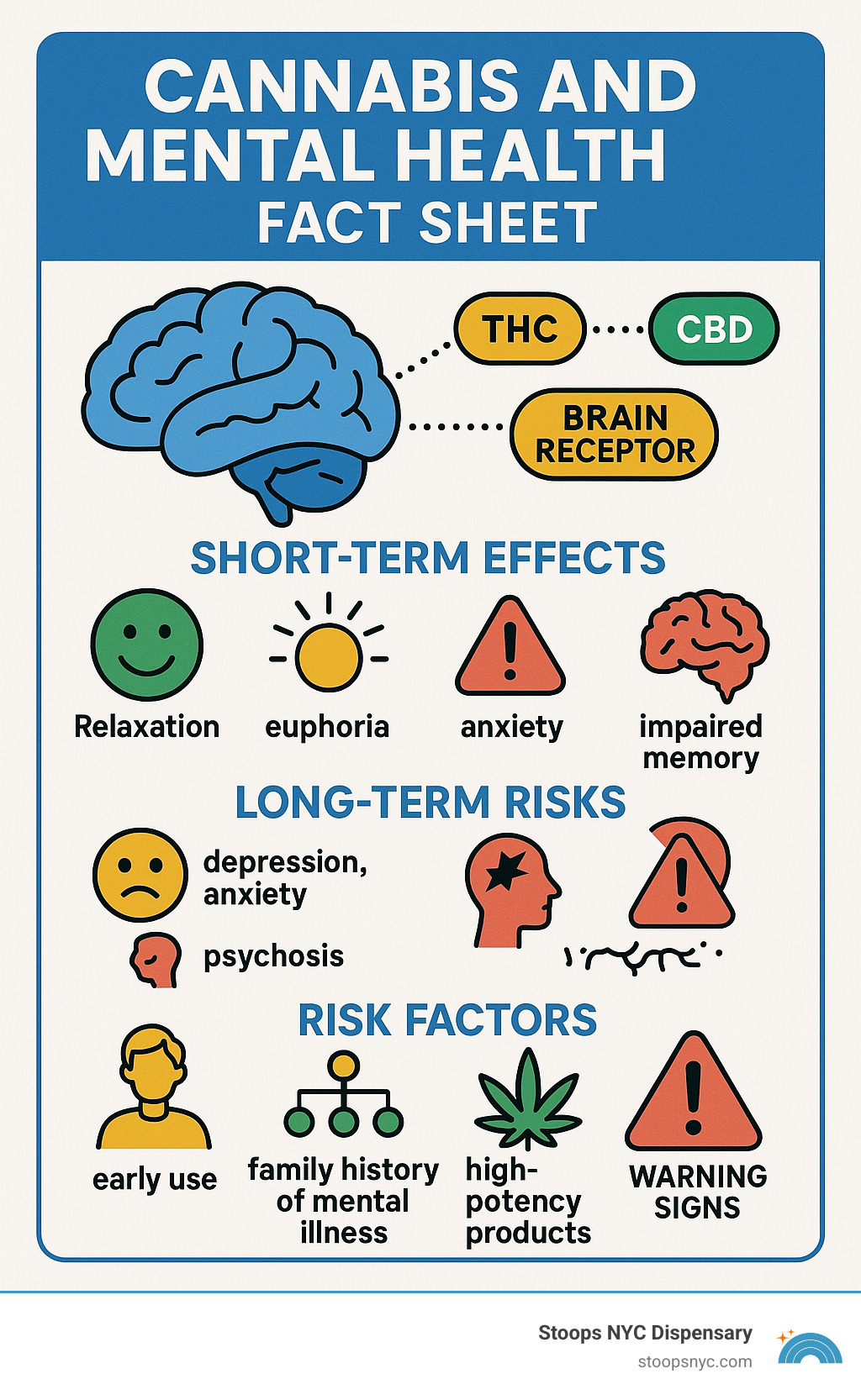
Cannabis 101: Plant, Components & Brain Chemistry
Cannabis is much more than just a plant – it’s nature’s complex pharmacy. With over 500 chemicals including more than 100 cannabinoids, this remarkable plant interacts with our body’s own endocannabinoid system – a network of receptors that helps regulate everything from your mood and memory to appetite and pain sensation.
The two star players in this botanical show are:
THC (Tetrahydrocannabinol) is the life of the party – the main psychoactive compound that creates that familiar “high.” THC works by binding to cannabinoid receptors in your brain, triggering a flood of dopamine that natural experiences simply can’t match.
CBD (Cannabidiol) is THC’s more mellow cousin – it doesn’t get you high but offers its own set of benefits. CBD can actually tone down some of THC’s more intense effects, showing promise for managing anxiety, inflammation, and pain.
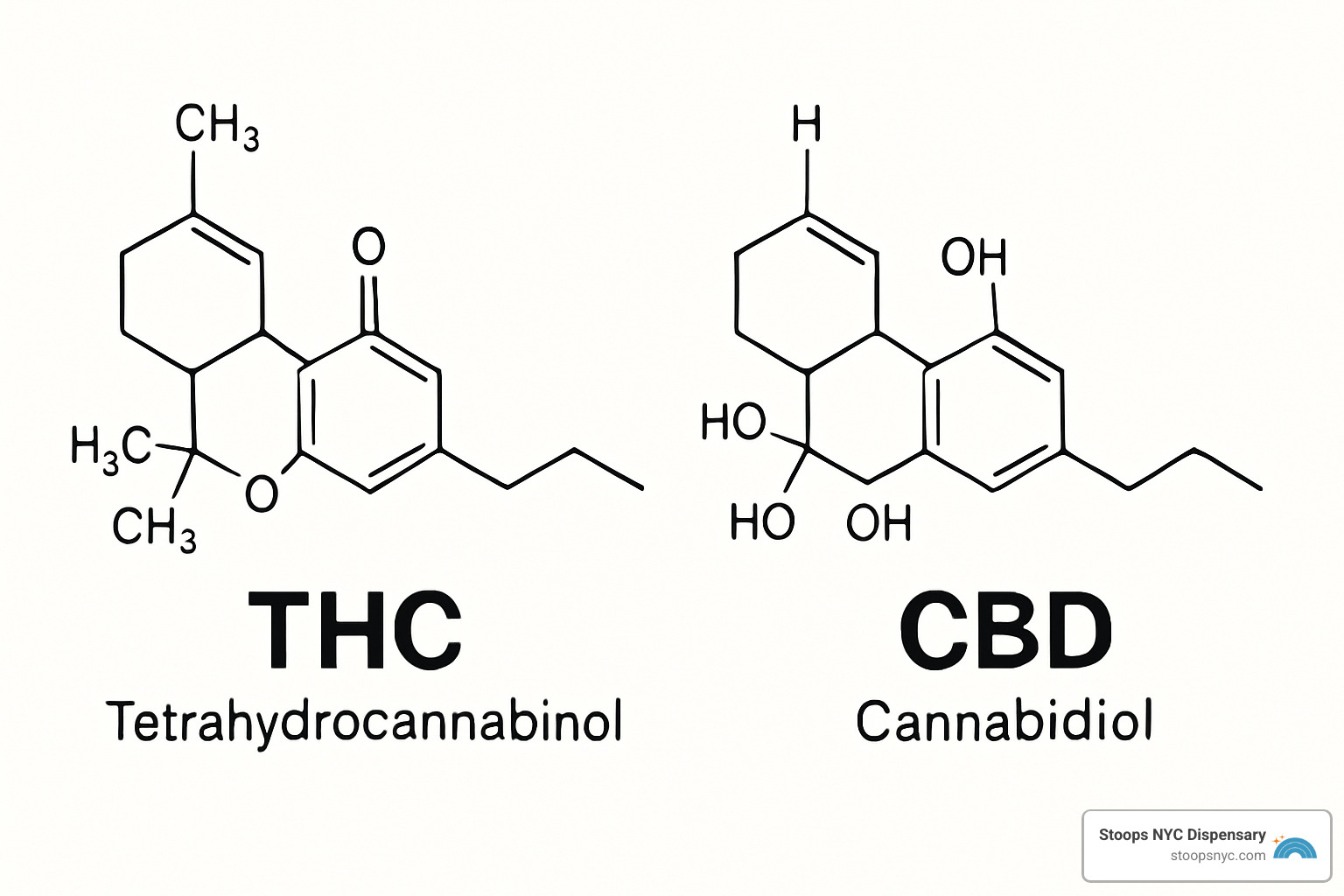
How you consume cannabis dramatically affects your experience. Smoking or vaping brings effects within minutes that typically last 2-4 hours. Edibles take their sweet time (30 minutes to 2 hours) but hang around longer (6+ hours). Tinctures under the tongue work faster than edibles, while topicals applied to skin provide localized relief without the high.
| Factor | THC | CBD |
|---|---|---|
| Psychoactivity | High (causes euphoria) | None |
| Anxiety | Can increase | May reduce |
| Appetite | Stimulates (“munchies”) | Minimal effect |
| Sleep | Can be sedating | May improve sleep quality |
| Pain | Alters pain perception | Anti-inflammatory |
| Mental health risk | Associated with psychosis risk | May have protective effects |
Curious about other cannabinoids beyond THC and CBD? Check out our More info about cannabinoids guide to deepen your understanding.
How THC Interacts with the Brain
Think of THC as a master impersonator. It mimics anandamide, our body’s natural “bliss molecule” (yes, that’s really what scientists call it). When THC enters your bloodstream, it travels to your brain and locks into cannabinoid receptors – particularly CB1 receptors – which are abundant in areas controlling:
- Thinking (cerebral cortex)
- Memory formation (hippocampus)
- Movement coordination (basal ganglia)
- Emotional responses (amygdala)
This connection triggers your brain’s reward system, releasing dopamine at levels that make everyday pleasures pale in comparison. This dopamine surge creates that euphoric feeling many users enjoy, while simultaneously affecting your thinking, memory, coordination, and perception of time.
As the National Institute on Drug Abuse explains, “THC activates the brain’s reward system by triggering dopamine release at levels above natural stimuli.” While this mechanism shares similarities with other substances, it’s generally less intense than drugs like cocaine or heroin.
How CBD Modulates Those Effects
CBD is the thoughtful counterbalance to THC’s party energy. Rather than binding directly to cannabinoid receptors, CBD influences them indirectly while also interacting with other receptors – including serotonin receptors that help regulate mood.
One of CBD’s most fascinating qualities is its ability to act as a chaperone for THC, keeping the experience more balanced. When these compounds work together:
CBD can reduce anxiety and paranoia that sometimes accompany THC use.
CBD may protect your memory from THC’s temporary impairment.
CBD could soften THC’s intensity without eliminating its benefits.
This balancing act is part of what researchers call the “entourage effect” – the idea that cannabis compounds work better as a team than solo performers.
“CBD can lessen the unwanted psychoactive effects of THC, such as hallucinations and paranoia,” notes a cannabis and mental health fact sheet from Rethink Mental Illness. This explains why many people seeking therapeutic benefits without intense psychoactivity often prefer balanced THC:CBD ratios.
The entourage effect is why full-spectrum cannabis products often provide different experiences than isolated compounds – it’s not just about THC or CBD alone, but how the plant’s natural chemistry works in harmony.
Comprehensive Cannabis and Mental Health Fact Sheet
The dance between cannabis and mental health is a complex waltz that researchers are still trying to fully choreograph. While we don’t have all the answers yet, science has revealed some important patterns that anyone considering cannabis should keep in mind.
Cannabis and mental health fact sheet research consistently shows that people who use cannabis regularly face higher chances of experiencing anxiety, depression, and in some cases, psychosis. This risk isn’t the same for everyone though – it climbs significantly with:
- Starting cannabis at a younger age
- Using frequently or heavily
- Choosing high-THC products (those potent “skunk” varieties)
- Having genes that make you more vulnerable to mental health challenges
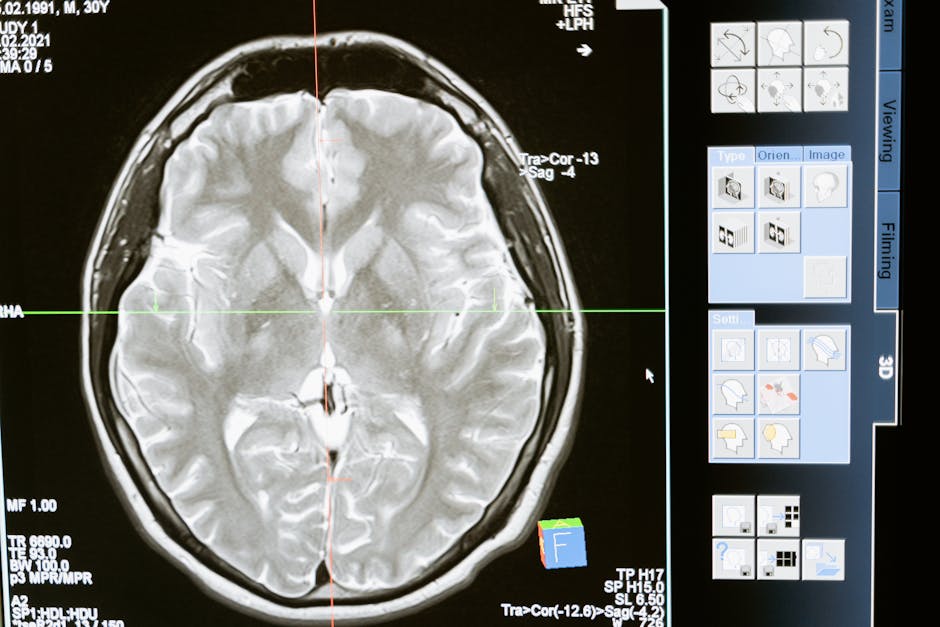
Eye-opening research published in the Lancet Psychiatry found something that made many health professionals take notice: daily users of high-potency cannabis showed a five times greater risk of psychosis compared to people who don’t use at all. This risk is especially concerning for young folks whose brains are still in construction mode.
Short-Term Effects: What to Expect Within Hours
Cannabis affects your mind differently than your friend’s, which is why one person might feel creative and giggly while another feels anxious after sharing the same joint. These differences depend on things like how much you use, how you consume it, and which strain you choose.
On the brighter side, many people experience relaxation and stress relief, a pleasant euphoria, improved sensory experiences, more laughter, and creative thinking. These are the effects most recreational users are seeking.
But cannabis has another side too. The cannabis and mental health fact sheet data shows that negative experiences can include feelings of anxiety or paranoia, confusion, trouble remembering things, feeling like time has slowed down, and difficulty focusing on tasks.
For most people, these effects fade as the cannabis works its way out of your system. However, in some situations – particularly with high doses or if you’re already prone to certain mental health conditions – more intense reactions can happen, including panic attacks, severe paranoia, hallucinations, or rarely, brief psychotic episodes.
“When smoked, cannabis enters the bloodstream, travels to the brain, binds to receptors, and alters mood and behavior through cannabinoids like THC and CBD,” explains one fact sheet. This process happens quickly when smoking but can take hours with edibles, which sometimes leads people to consume more than intended when they don’t feel effects right away.
Long-Term Outcomes: Months to Years
With regular cannabis use over extended periods, the mental health picture gets more complicated. The cannabis and mental health fact sheet evidence points to several areas of concern:
Depression and anxiety seem to have a two-way relationship with cannabis – people who struggle with these conditions often turn to cannabis for relief, but ironically, regular cannabis use might actually make symptoms worse over time for some users.
The link between psychosis and schizophrenia is particularly strong among heavy cannabis users, especially those who start young, have a genetic predisposition, or regularly use high-THC products. Research has identified specific genetic variations (in genes called AKT1 and COMT) that significantly raise psychosis risk when combined with adolescent cannabis use.
Cognitive effects can develop with long-term, heavy use starting in the teen years, including small but measurable IQ decreases, problems with attention and memory, reduced motivation (sometimes called “amotivational syndrome”), and changes in decision-making ability.
“Long-term cannabis use, especially when begun at a young age, can cause small but permanent impairments in thinking and concentration,” notes a mental health factsheet. The good news is that some research suggests these effects may partially improve with sustained breaks from cannabis.
Populations at Highest Risk
Not everyone who enjoys cannabis will face mental health challenges. However, certain groups should be especially careful:
Teenagers and young adults have brains that are still under construction until around age 25. The prefrontal cortex – the brain’s CEO that handles decision-making and impulse control – is one of the last regions to fully develop. Using cannabis during this critical window may have more significant lasting effects than adult use.
The numbers tell a concerning story: adolescents who use marijuana are 4 to 7 times more likely than adults to develop marijuana use disorder. Overall, about 9% of cannabis users become dependent, but this jumps to 17% for those who start young and a whopping 25–50% for daily users.
Family history matters tremendously. If you or close family members have experienced psychosis, schizophrenia, bipolar disorder, or other serious mental health conditions, your risk from cannabis use is substantially higher than the average person’s.
Frequent users of high-potency products face greater risks in the modern cannabis landscape. Today’s cannabis often contains much higher THC levels than what previous generations experienced. As one teen-focused fact sheet warns, “Modern cannabis plants have substantially higher THC levels than in past decades.” This potency shift means today’s cannabis experience – and its risks – may be quite different from what our parents or grandparents knew.
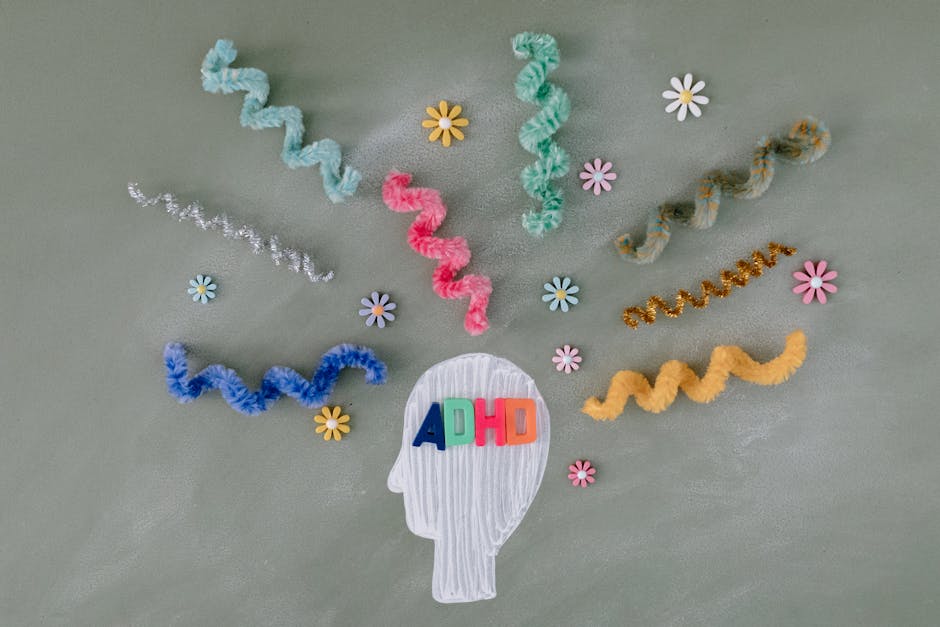
Risks, Warning Signs & Harm Reduction
Let’s talk honestly about cannabis risks – because knowledge is your best protection. While many people enjoy cannabis without issues, others might find themselves developing problematic patterns that affect their wellbeing.
Cannabis Use Disorder (CUD) affects roughly 30% of marijuana users to some degree. You might recognize it by trying to cut back but struggling to do so, continuing use despite negative consequences in your life, needing more cannabis to feel the same effects (tolerance), or experiencing uncomfortable symptoms when you stop.
Withdrawal symptoms aren’t just in people’s heads – they’re real physical and emotional responses that typically start within a day or two after stopping. Most people describe feeling irritable with mood swings, having trouble sleeping, decreased appetite, restlessness, strong cravings, and general discomfort. The good news? These symptoms usually peak within a week and mostly resolve within two weeks, though sleep troubles might stick around a bit longer.
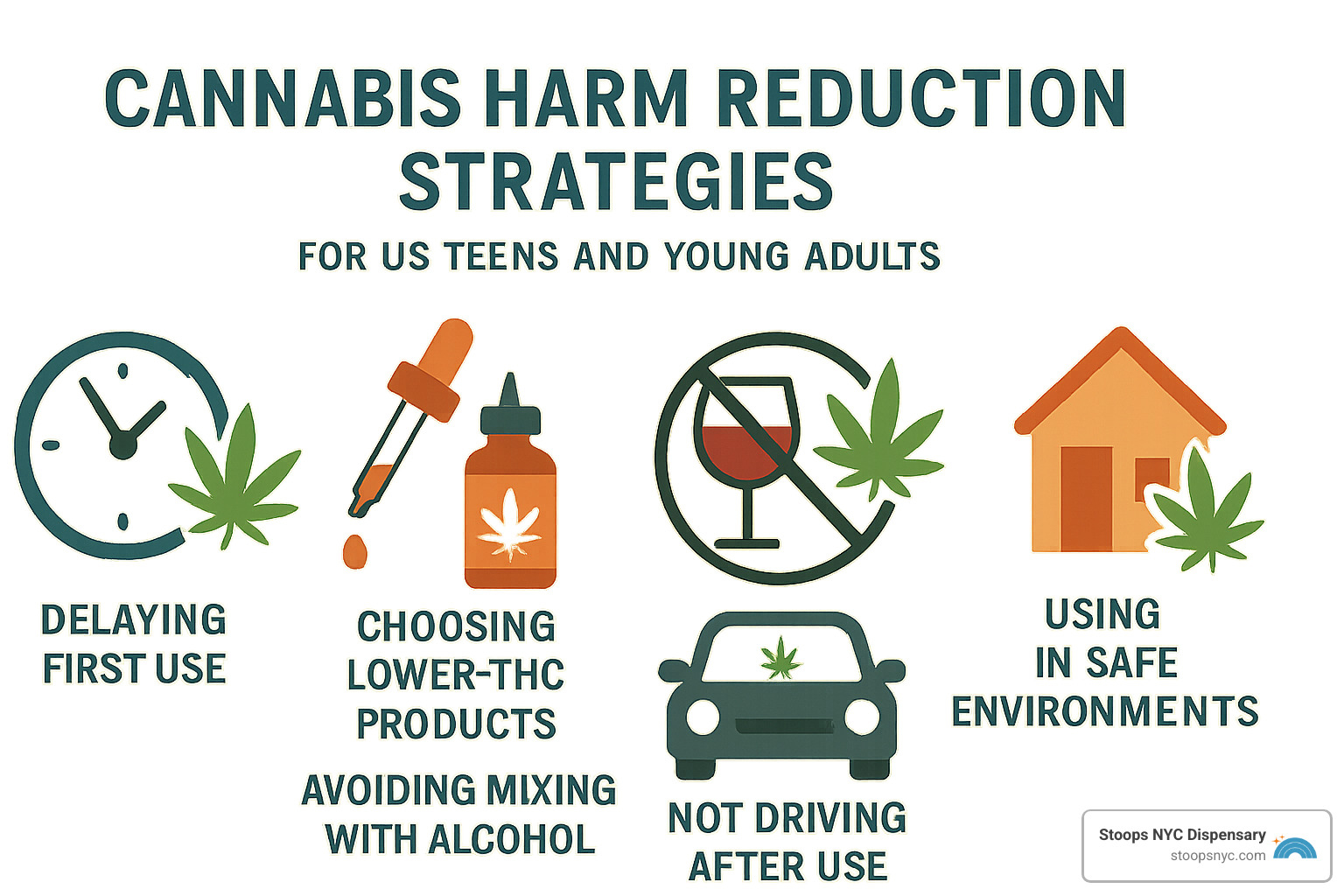
Another serious concern is driving while high. Cannabis slows your reaction time, messes with your ability to judge time and distance, and reduces coordination – a dangerous combination behind the wheel. Research clearly shows an increased risk of crashes after cannabis use, which is why driving high is both illegal and dangerous.
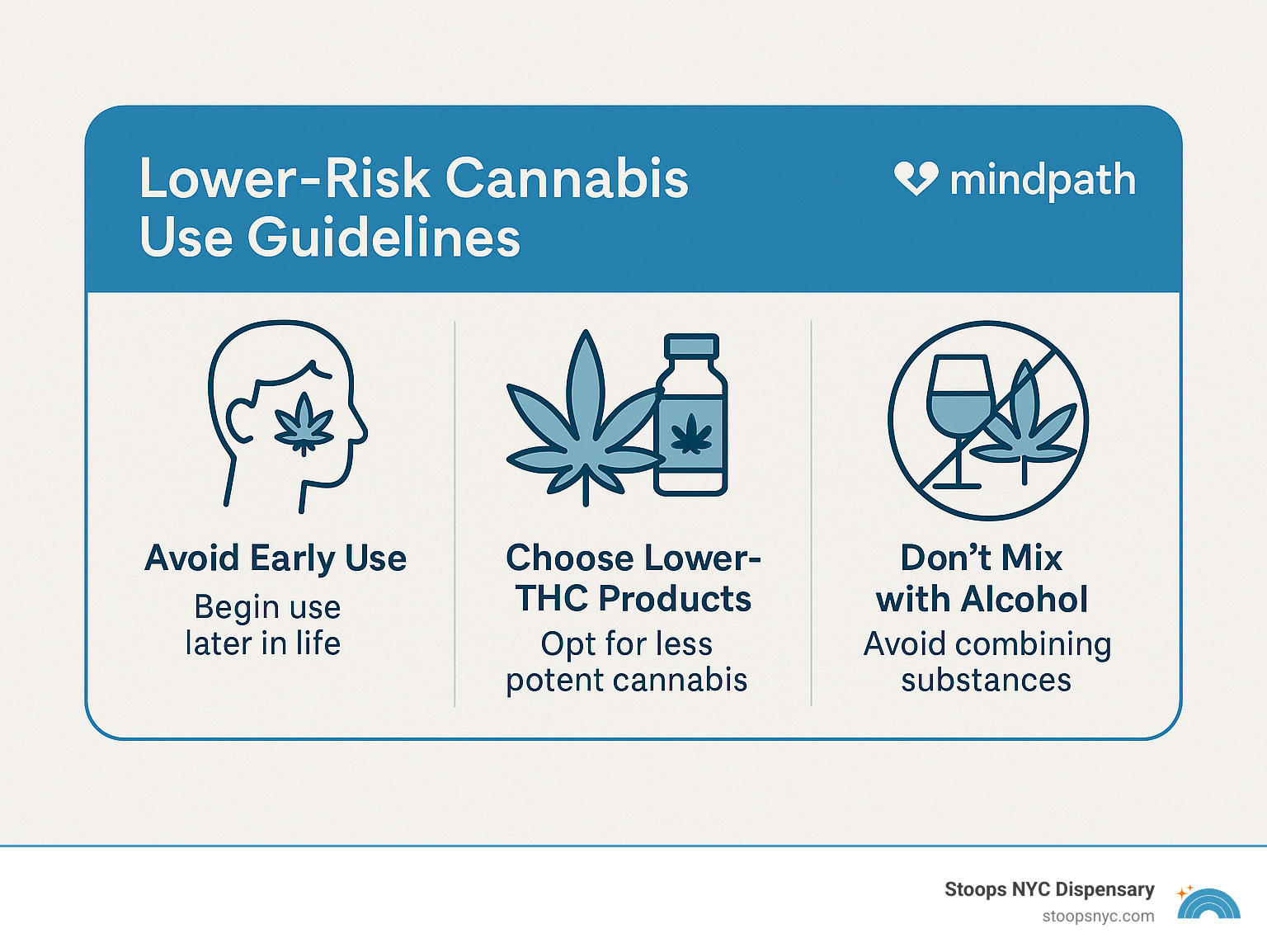
Red Flags Your Mental Health Is Being Harmed
Sometimes cannabis and your brain just don’t get along well. Here are warning signs that should make you pause and reconsider your relationship with cannabis:
Increased anxiety or panic attacks might seem counterintuitive since many people use cannabis to relax, but for some folks (or at higher doses), it can actually ramp up anxiety instead of relieving it.
Paranoid thoughts that persist – feeling like you’re being watched, talked about, or that others intend to harm you – aren’t just uncomfortable; they’re a sign something’s off.
Social withdrawal is another red flag. When you find yourself skipping gatherings you used to enjoy or pulling away from friends and family, cannabis might be changing your social patterns in unhealthy ways.
Cognitive changes that stick around even when you’re not high – like foggy thinking, memory problems, or trouble concentrating – suggest cannabis might be affecting your brain functioning.
Amotivational syndrome sounds clinical, but it’s really about noticing when your get-up-and-go has gotten up and gone. Decreased motivation, apathy about things you used to care about, and a general “meh” attitude toward goals can indicate cannabis is dampening your drive.
Mood swings that seem out of character, unusual irritability, depression, or emotional rollercoasters might be connected to your cannabis use patterns.
Sleep disturbances that affect how you function during the day – whether you’re having trouble falling asleep, staying asleep, or sleeping too much – can signal an unhealthy relationship with cannabis.
Increased use over time happens when your body develops tolerance, meaning you need more cannabis to get the same effects you used to get with less.
As one cannabis and mental health fact sheet puts it: “Regular use is linked to increased risk of anxiety, depression, and psychotic illnesses, especially with high-THC strains and genetic vulnerability.” If these warning signs sound familiar, it might be time for a heart-to-heart with yourself about your cannabis habits.
Lowering Your Risk Without Quitting
If you’re not ready to stop completely but want to use more mindfully, these evidence-based strategies can help reduce potential harms:
Choose lower-THC products that have higher CBD:THC ratios. These often provide desired benefits with fewer mental health risks. At Stoops NYC, our budtenders can guide you toward products with balanced cannabinoid profiles that might work better for your mental wellbeing.
Delay initiation as long as possible. The science is clear that the later in life you start using cannabis, the lower your risk for negative mental health outcomes. Waiting until at least age 21 significantly reduces risks to your still-developing brain.
Reduce frequency by building in cannabis-free days, especially before work, school, or other responsibilities. Occasional use carries notably fewer risks than daily or near-daily use.
Use safer consumption methods when possible. Vaporizing may reduce respiratory risks compared to smoking (though the mental health effects remain similar). If you prefer edibles, start with just 5mg THC or less and wait at least two hours before taking more – patience prevents problems!
Avoid mixing with other substances like alcohol or other drugs, which can dramatically increase impairment and potential risks.
As one youth-focused cannabis and mental health fact sheet wisely advises: “Have cannabis-free days, especially before work, school or other responsibilities. Only use with trusted friends and designate a sober observer.”
At Stoops NYC, we understand these concerns, which is why we offer products designed to provide a Clear Mind Effect, with balanced cannabinoid ratios that many customers find give them benefits with minimal unwanted mental effects.
Help, Treatment & Lifelines
If you or someone you know is struggling with cannabis use or experiencing negative mental health effects, help is available. Recovery is possible, and many treatment options exist.
For immediate crisis support:
– National Suicide Prevention Lifeline: 988 or 1-800-273-8255
– Crisis Text Line: Text HOME to 741741
– SAMHSA National Helpline: 1-800-662-HELP (4357)
These services provide free, confidential support 24/7 and can connect you with local resources.
Treatment approaches for cannabis-related mental health issues may include:
Therapy: Cognitive-behavioral therapy (CBT), motivational improvement therapy, and contingency management have shown effectiveness for cannabis use disorders.
Support groups: Groups like Marijuana Anonymous offer peer support for those seeking to reduce or stop cannabis use.
Medication: While no medications are FDA-approved specifically for cannabis use disorder, medications may help manage specific symptoms like anxiety, depression, or sleep disturbances.
Integrated treatment: For those with co-occurring mental health conditions, integrated treatment addressing both cannabis use and the underlying condition is often most effective.
“You should not be excluded from mental health or substance misuse services due to cannabis use,” emphasizes one UK-based fact sheet. Professional help should be accessible without judgment or stigma.
Steps to Take Today
If you’re concerned about your cannabis use and mental health, consider these immediate steps:
Self-assessment: Honestly evaluate your cannabis use patterns and any negative effects you’ve experienced. The CUDIT-R (Cannabis Use Disorder Identification Test – Revised) is a simple online screening tool that can help you assess your relationship with cannabis.
Talk to a healthcare provider: Be honest with your doctor about your cannabis use. They can help assess potential impacts on your mental health and medication interactions. These conversations are confidential.
“Be honest with your GP about your cannabis use to get appropriate support or referrals,” advises one fact sheet. Your healthcare provider can’t help effectively if they don’t have accurate information.
Find a mental health professional: A therapist, counselor, or psychiatrist with experience in substance use and mental health can provide specialized support. Psychology Today maintains a searchable directory of providers, many of whom offer telehealth options.
Community & Digital Resources
Beyond professional treatment, many resources can support your mental wellbeing:
Digital tools:
– Headspace and Calm offer meditation and mindfulness exercises
– I Am Sober helps track cannabis-free days and provides community support
– Woebot provides AI-based cognitive behavioral therapy techniques
Community support:
– SMART Recovery offers science-based addiction recovery support groups
– Local community centers often host support groups
– College campuses typically provide counseling services for students
The SAMHSA Treatment Locator is an excellent resource for finding specialized treatment services near you.
At Stoops NYC, we believe in the potential benefits of cannabis when used responsibly, but we also recognize that it’s not right for everyone. Our knowledgeable staff can help you identify products that align with your mental health goals, including options that promote a Focused Effect without overwhelming psychoactivity.
Conclusion
The relationship between cannabis and mental health is nuanced and highly individual. While cannabis can offer benefits for some, it presents risks for others – particularly young people, those with a family history of mental illness, and those using high-potency products frequently.
The cannabis and mental health fact sheet data shows that informed, mindful consumption is key to minimizing potential harms. This means understanding your personal risk factors, recognizing warning signs, and knowing when and how to seek help if needed.
At Stoops NYC, we’re committed to promoting responsible cannabis use through education and personalized guidance. Our Flatiron District dispensary offers a judgment-free environment where both newcomers and experienced consumers can learn about products that align with their wellbeing goals.
Remember these key takeaways:
Cannabis affects everyone differently based on individual factors including age, genetics, and consumption patterns.
The risks to mental health increase with earlier age of first use, higher THC content, and more frequent consumption.
CBD may help mitigate some of THC’s unwanted psychoactive effects.
Warning signs like increased anxiety, paranoia, or social withdrawal should not be ignored.
Help is available if you’re struggling with cannabis use or experiencing negative mental health effects.
By staying informed and making conscious choices, you can steer the complex landscape of cannabis use while prioritizing your mental wellbeing.
Frequently Asked Questions about Cannabis & Mental Health
Can cannabis cause permanent mental illness?
For most people who use cannabis occasionally, permanent mental illness isn’t a concern. However, the relationship is more complicated for certain individuals.
Cannabis doesn’t directly “cause” mental illness in most users, but it can trigger the onset of conditions like schizophrenia in people who are already predisposed to these disorders. The research is pretty clear that regular, heavy cannabis use – especially high-THC products – may increase the risk of developing psychosis by 3-5 times in vulnerable populations.
If you have a family history of serious mental illness like schizophrenia or bipolar disorder, it’s worth being particularly cautious about cannabis use. Your genetic background plays a significant role in how cannabis might affect your mental health over time.
How much is “too much” cannabis for mental health?
This is one of those questions where the answer truly varies from person to person. There’s no universal “safe threshold” that applies to everyone because we all respond differently to cannabis.
That said, research consistently shows that daily or near-daily use, especially of high-potency products, significantly increases mental health risks for most people. Your body and brain need breaks from any substance to maintain balance.
You might be using too much if you notice:
– Using more cannabis than you initially intended
– Making unsuccessful attempts to cut down
– Continuing use despite experiencing negative consequences
– Feeling irritable, anxious, or having trouble sleeping when not using
Other warning signs include using multiple times throughout the day, reaching for cannabis immediately after waking up, or primarily using it to cope with difficult emotions rather than addressing their source.
Where can I find confidential help if I’m worried?
If you’re concerned about your cannabis use and mental health, please know that confidential help is readily available and seeking support is a sign of strength, not weakness.
Your primary care doctor is often a great first step – these conversations are protected by doctor-patient confidentiality, and they can refer you to appropriate specialists if needed. The SAMHSA National Helpline (1-800-662-HELP) is another excellent resource that’s available 24/7 for free, confidential guidance.
Many therapists and counselors specialize in cannabis-related concerns. You can find professionals who match your specific needs through your insurance provider or online resources like Psychology Today’s therapist finder.
Healthcare providers are there to help, not judge. The earlier you reach out, the better your outcomes typically are. At Stoops NYC, we can also point you toward local resources if you have questions while visiting our dispensary.
Does CBD have the same mental health risks as THC?
No, CBD and THC affect mental health quite differently. CBD (cannabidiol) doesn’t carry the same mental health risks as THC because it’s non-intoxicating and doesn’t produce the “high” that THC does.
Some research actually suggests CBD may have anti-anxiety properties and could potentially help with conditions like social anxiety and PTSD. There’s even evidence that CBD might counteract some of THC’s more intense psychoactive effects when both compounds are present together.
That said, CBD products vary widely in quality and consistency, and we still need more research on their long-term effects. As with any wellness supplement, it’s best to talk with a healthcare provider before using CBD specifically for mental health concerns.
At Stoops NYC, we offer products with various CBD:THC ratios, and our staff can help you understand the differences between them.
Can stopping cannabis use reverse negative mental health effects?
The good news is that many negative mental health effects improve significantly after reducing or stopping cannabis use. Your brain has remarkable healing abilities!
Studies show that cognitive functions like memory, attention, and executive function typically start improving within weeks of abstinence and continue getting better over months. Many people also notice improvements in anxiety and mood symptoms after taking a break.
However, in cases where cannabis has triggered or worsened more serious conditions like psychosis, additional treatment may be necessary even after stopping use. The potential for recovery depends on individual factors including your age, how long and you’ve been using, and your underlying mental health.
Generally speaking, the earlier you address any concerns about cannabis and mental health, the better your outcomes tend to be. If you’re noticing unwanted mental effects from cannabis, talking with a healthcare provider sooner rather than later is usually the wisest approach.
